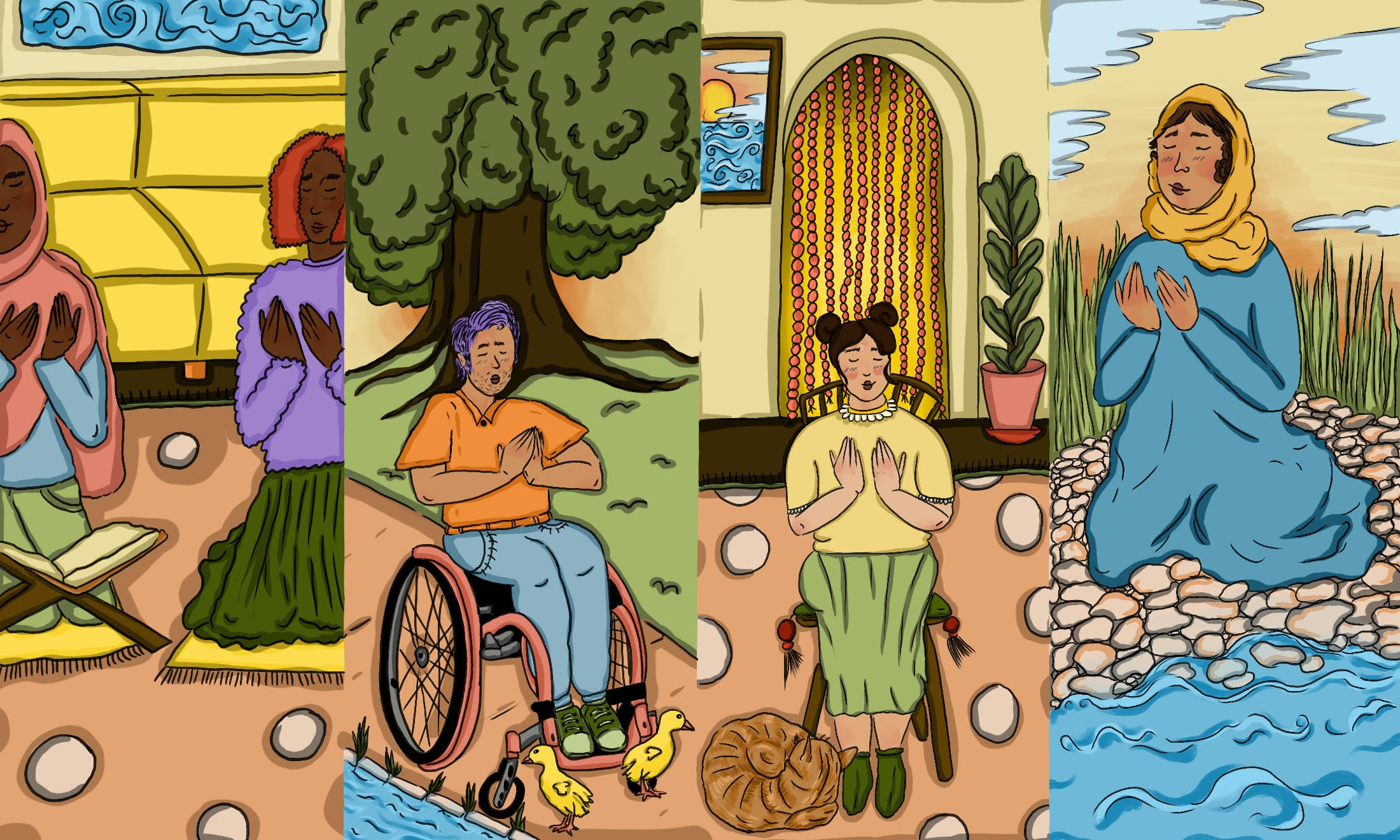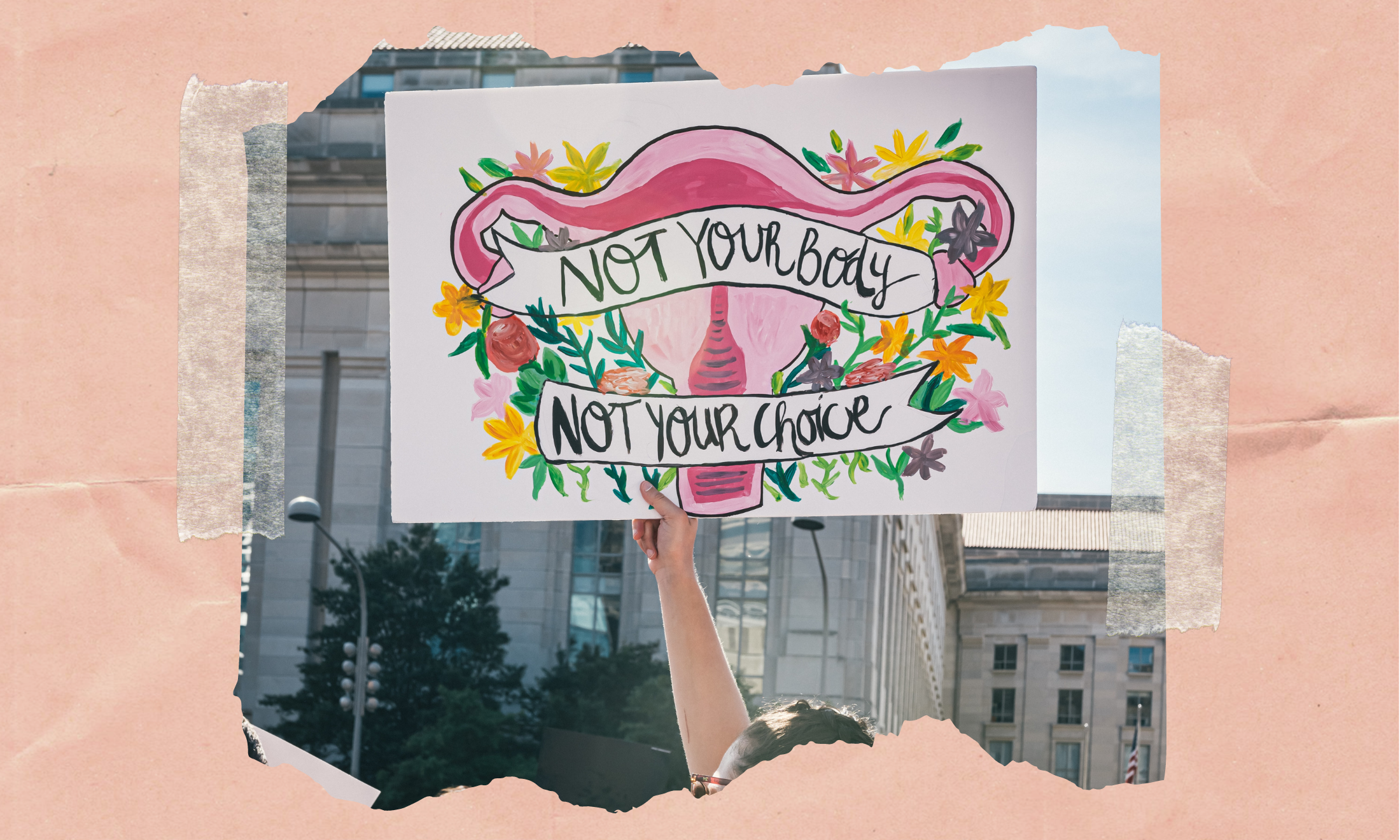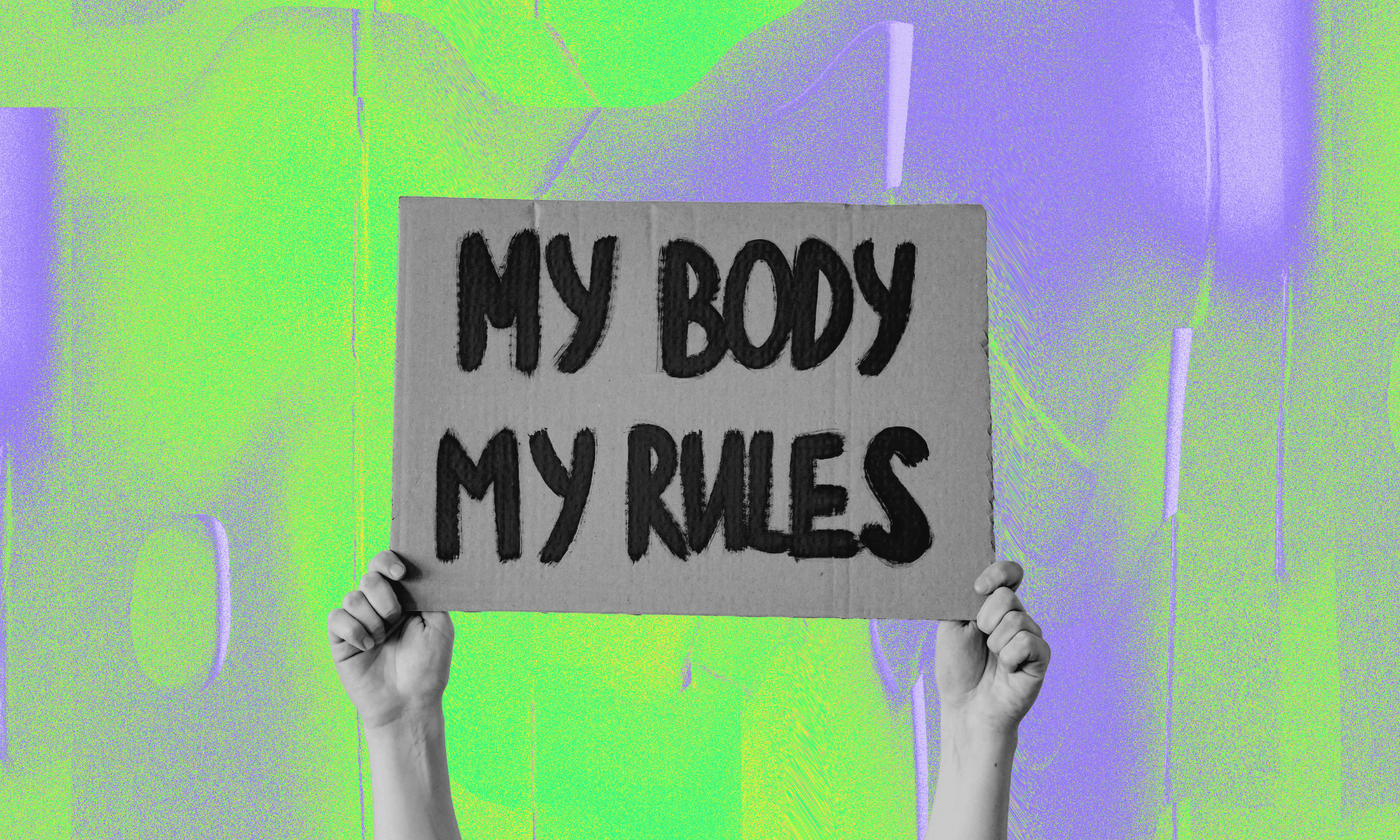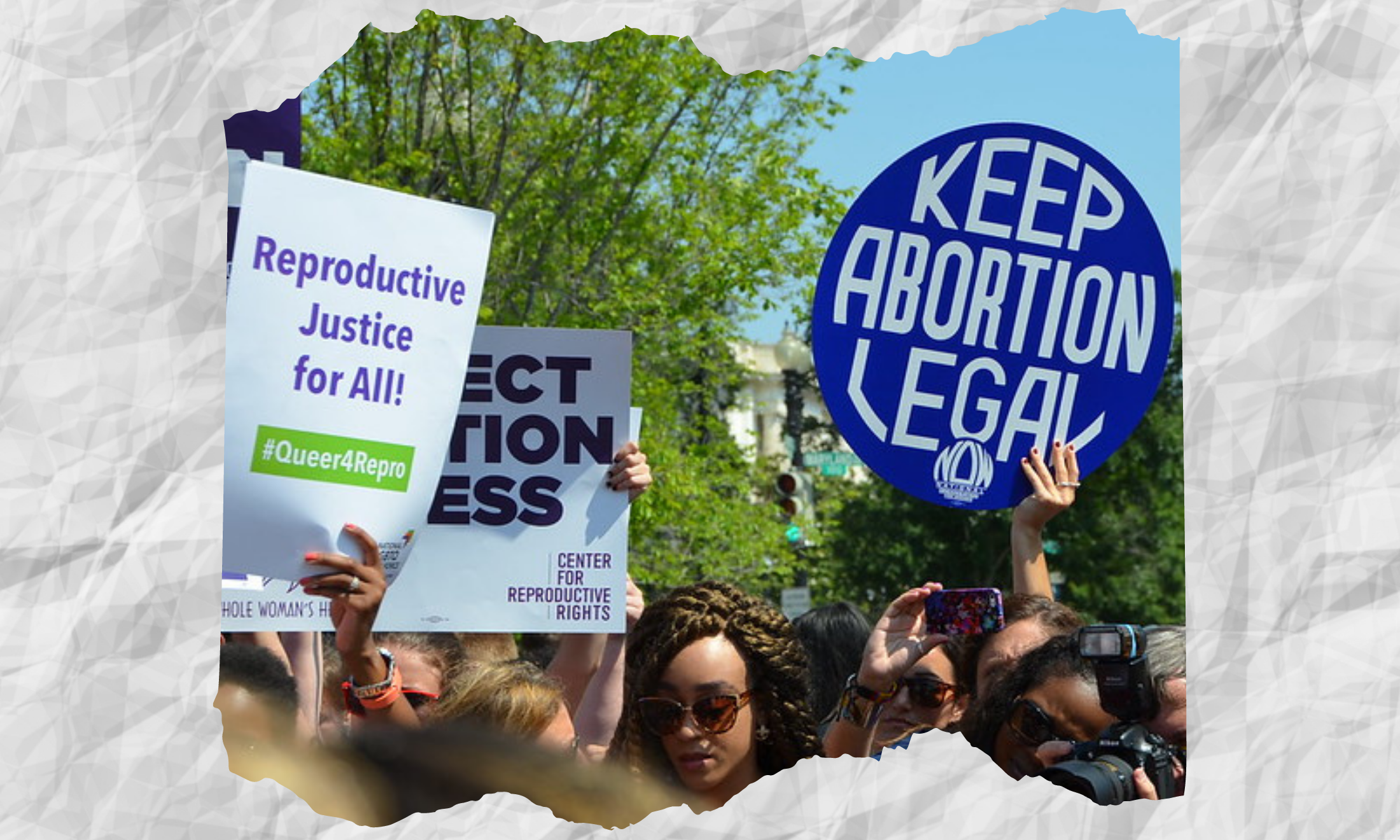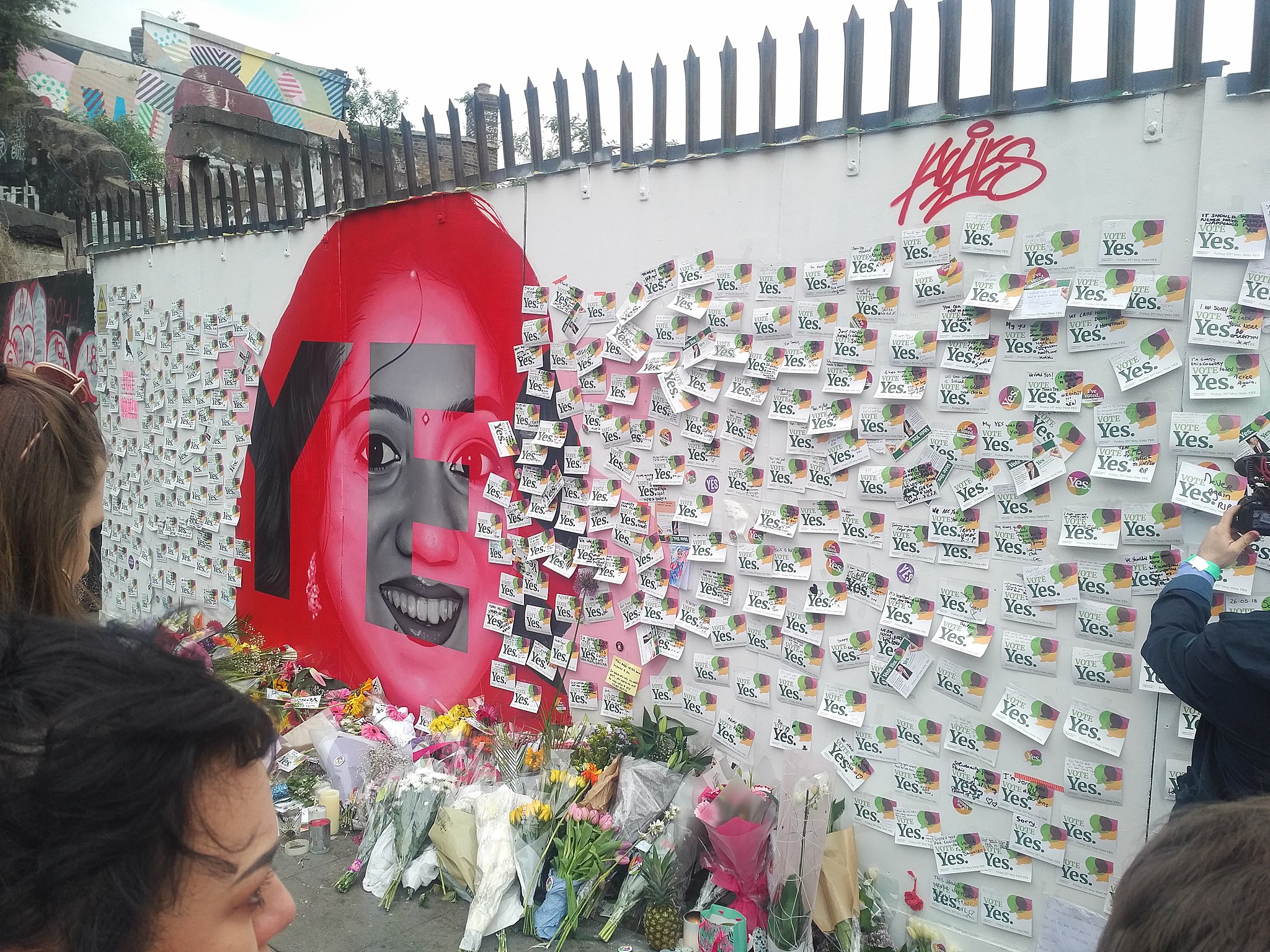
How the legacy of Ireland’s women have finally changed its abortion laws forever
Georgina Lawton
30 May 2018
Along with many others, I watched in quiet hopefulness and shock as the people of Ireland led what their Taoiseach (prime minister) called, a “quiet revolution” for the autonomous reproductive rights of women, voting overwhelmingly in favour of overturning an archaic ban on abortion.
I followed scenes on social media; jubilant crowds jumped for joy as the results rolled in – exit polls showed a victory for repeal campaigners was imminent very early on.
As a mixed-race woman with an Irish mother, I messaged cousins and relatives to check they were voting in favour of increasing access to safe abortions and quizzed my mum as to whether she’d ever have imagined this day would come in her own country. She said it was long overdue.
More than 66% of the Irish population delivered a resounding “yes” verdict to repeal the Eighth Amendment and its strict abortion laws on 25 May 2018, with every constituency in the Republic of Ireland bar one, (Donegal), backing the decision. Draft legislation is now in place which will permit abortion for women (on request), up to the 12th week of pregnancy and in certain circumstances, up to the 23rd week. Prior to this, an abortion was only permitted if the woman’s life was in danger.
The referendum and recent discussions around the law have marked a change in attitudes for the country once-synonymous with social conservatism and staunch Catholicism. The referendum came just three years after Ireland became the first country in the world to vote for same-sex marriage via a popular vote – 62% were in favour.
But with regards to the debate around abortion rights, I noted with interest, how the name of one woman, in particular, could be heard above the celebratory chants all over Ireland: Savita Halappanavar. Her life, and that of many other women who have been discriminated under Irish law, have finally changed the course of Ireland’s reproductive policy. As repeal campaigners all over the country celebrated their victory, it was often with photos and banners of the image of an Indian dentist, Savita, held high above their heads.
***
Savita’s death in a Galway hospital in 2012, became emblematic for advocates of reform after she was denied an abortion. Despite pleas from her and her husband, the couple was reportedly told “this is a Catholic country” by doctors, even though they were also told that a miscarriage was inevitable. Two weeks later after contracting a pregnancy-related infection, Savita was dead.
Repeal campaigners and Savita’s family are now supporting a move to have the new abortion law named after her, known as “Savita’s Law”. A mural was transformed into an ad hoc shrine over the weekend in Dublin, with candles, flowers and messages left at the site. As the referendum results were announced at Dublin Castle on Saturday, a framed portrait of a smiling Savita was held above the crowd.
Julie Chance, a Dublin-born musician from the band Evvol, flew from Berlin where she lives, back to Ireland last weekend, along with thousands of other women who registered their commitment to the referendum on social media with the hashtag #hometovote. She told me airports in Berlin were crammed with Irish women doing the same as her.
“I went home to vote because I felt strongly about Ireland allowing women to have autonomy over their own bodies […] Too long we have been treated as second-class citizens, too long men and church have told us how to be and how to feel. Too long we have been made to feel shame about who we are. That all stops this weekend. Chance also credited the efforts of campaigns to in making the referendum happen. She remarked: “because of the efforts of grass-roots campaigners, we now have a voice to express those new attitudes. I’m eternally grateful to all my fellow country(wo)men, who put pressure on this government, marched in the streets and went door to door. They are the people we have to thank.”
“Savita’s death in a Galway hospital in 2012, became emblematic for advocates of reform after she was denied an abortion”
Savita’s tragic death dramatically reignited the debate over reproductive rights, but other high-profile cases featuring teenage girls have also been the catalyst for change.
Miss X and Miss D were of different generations but found themselves in similarly dire circumstances in 1992 and 2007. Both were denied the right by authorities to leave Ireland for abortions; Miss X sought the procedure at 14, after being raped by a family friend, and 17-year-old Miss D was told her baby would not survive childbirth. Widespread protests and international media coverage in each case forced the supreme court to eventually permit them the right to leave Ireland to end their pregnancies. The court’s decision came after the two women had endured endless speculation about their private lives in court and harassment and abuse from strangers: Miss D was offered €100,000 Euros by anonymous donor not to have her abortion.
***
When I speak to my Irish mother (who is white and has lived in the UK for more than 30 years) about the significance of a brown-skinned woman from India becoming the final spark of change when it comes to abortion reform in her country, she shares Julie’s sentiments – it’s nothing short of incredible.
My mother left for the UK in 1988 telling me she just “fancied a change”, but stops short of saying the overbearing and oppressive influence of the Catholic church is what encouraged her and many others to leave. (Ireland ’s population declined continuously between 1851 and 1921 as the UK’s doubled and stayed pretty much stagnant until 1971.) Ireland won its independence from Britain in 1922, and from the 30s onward, the state set about granting autonomous religious control to the church within education, hospitals, orphanages, homes for unwed mothers and other areas of social policy.
Sexual abuse scandals in schools and churches started leaking out of the woodwork in the 80s, with tales of forced adoption and neglect in homes for unwed mothers coming to light in the last few years. The sale of contraceptives was illegal in Ireland until 1985, and homosexuality and divorce weren’t decriminalised in until 1993 and 1995 respectively. It is estimated that nine women travel to the UK each day for abortions, while four purchase abortion pills online, risking a jail term of up to 14 years. But slowly Ireland has shed its social conservatism – although it’s the women within the country who have borne the weight of its painful evolution.
What’s interesting (and hopeful) about the Repeal the Eighth movement, however, is that it shows the Republic of Ireland is heading to a more progressive future. Young people were the biggest supporters for repeal of the Eighth Amendment with an incredible 87% of 18 to 24-year-olds voting “yes”. Even Ireland’s socially conservative backbone came out in support of abortion, with leading farmers backing abortion and rural constituencies such as Carlow/Kilkenny and Roscommon/East Galway voting in favour of change.
Although Theresa May is facing pressure to work with the DUP to grant Northern Ireland a referendum (the country was once known as more liberal than the Republic, but abortion and same-sex marriage is illegal), the referendum this week has made history for Irish and Irish-based women, and will hopefully set a precedent for its neighbour. In the words of Ireland’s Taoiseach, Leo Varadkar, this weekend has proved that Ireland will no longer export its abortion problem to Britain or be forced to import its solution – and that’s something to celebrate.


